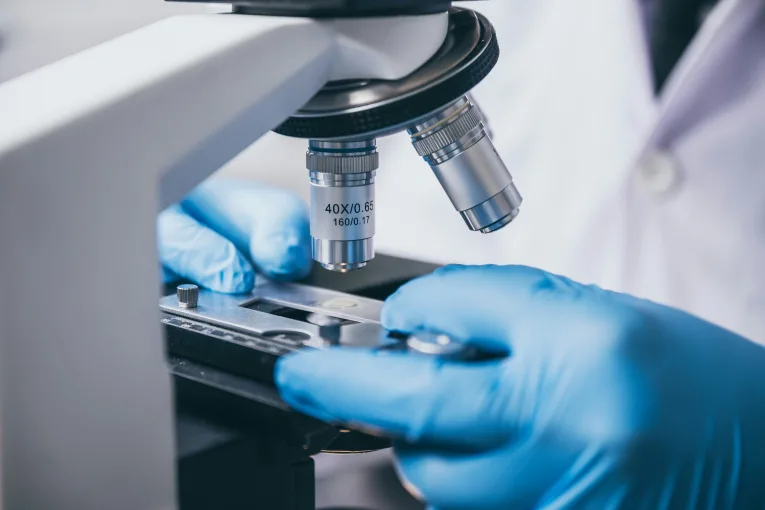
BROWNSVILLE, TX – The U.S. U.S. Supreme Court this week heard arguments that exposed how those on death row face nearly insurmountable barriers to access DNA testing that could save them from execution, even in cases when such evidence may directly impact their death sentence eligibility, according to reporting by Abbie VanSickle in The New York Times.
The Times writes the justices (Justice Brett M. Kavanaugh, Justice Sonia Sotomayor, and Justice Samuel A. Alito Jr.) appeared narrowly divided on whether to allow Ruben Gutierrez, a Texan on death row for the murder of Escolastica Harrison, to test crime scene evidence he acquired over the course of a decade, including a bloodstained shirt, hair, and nail scrapings.
He claims these items would prove he did not personally commit the murder for which he faces execution.
The Times adds Gutierrez’s case is particularly significant because, in July, the Supreme Court “took the extraordinary step of delaying Mr. Gutierrez’s execution just 20 minutes before he was to be put to death,” marking the second time the court had stalled his execution over legal disputes in his case.
“Under the Texas doctrine known as the ‘law of parties,’ even people who do not actually kill, intend to kill or anticipate that someone will be killed during a crime can be found guilty of capital murder,” VanSickle writes.
This, the Times adds, creates a troubling gap in justice, as not everyone convicted under this doctrine can legally receive the death penalty. Gutierrez, though claiming he did not enter Harrison’s home and was entirely unaware of any plan to harm her, does not declare innocence, or that he had zero part in the crime whatsoever.
William F. Cole, Texas’ deputy solicitor general, maintains “Gutierrez’s request for testing should be denied because he could not demonstrate he had been harmed by the failure to conduct testing,” VanSickle explains in the NY Times report.
This stance prompted Justice Sotomayor to question the state’s resistance, inquiring, “If you are sure of your conviction and your theory, why not do the testing?”
The debate mirrors a prior case. According to the Times, Rodney Reed, another Texas death row prisoner who sought DNA testing, was allowed testing in 2023 due to a Supreme Court ruling 6-3 in his favor. This decision was made by Justice Kavanaugh.
Justice Kavanaugh appeared open to Gutierrez’s defense during the proceedings this week, noting, said the Times, that if DNA testing turned up no evidence of Gutierrez at the scene of the crime, it “doesn’t defeat the state’s theory… But it undermines a little bit how they perceived all this to have transpired in the trailer.”
Anne E. Fisher, Gutierrez’s assistant federal defender, clarified to the court that, to avoid execution, Gutierrez must prove “he wasn’t in the house and that he wasn’t a ‘major participant’ in the crime,” according to VanSickle’s report.
However, Justice Alito, Jr. expressed doubts about the fundamental value of DNA testing, stating, “The DNA can’t show he wasn’t there,” wrote the NY Times.
The Times noted Gutierrez has been awaiting execution since 1999, and justices halted his execution about an hour before it was scheduled in 2020 due to a violation of Gutierrez’s religious liberty. In 2024, Gutierrez’s request to the Fifth Circuit was denied in the U.S. Court of Appeals (the ruling of which was called “wrong and pernicious” by his lawyers), which ultimately led him to seek the Supreme Court’s judgment.